In Electrical, the ground or earth is the common point of return for an electrical current. There are many reasons an electrical current will be connected to a ground or earth. The main purpose of grounding is to avoid and prevent any harm to the user who may be in contact with any electrical leakage or fault.
The National Electrical Code (NEC) limits voltage from lightning, line surges and contact with a line of higher voltage by using equipment earthing conductors. They provide electrical connections between the ground and the grounding system.
According to Dani (2006), in the early 1890s, the New York Board of Fire Underwriters condemned the practice of grounding the neutral as a dangerous practice, especially in a 3-wire Edison system. This was debated between fire and electric companies for over a decade when in 1903 the code was finally revised, recommending the circuits be grounded. In 1913 the code stated circuit grounding was mandatory.
During this time, water piping was most commonly used as a grounding electrode, in residential wiring systems. This code was revised many times over the years, changing details of how this can properly be done. In 1951, the code revision required an additional supplemented electrode if there were less than 10 feet of metal water pipe in contact with the earth or a likelihood of the water piping system to be disconnected. This code was in place for ten years when in 1971 it was changed again. The addition was to always supplement the water pipe electrode. This typically required the addition of a rod or pipe electrode to the residential grounding system. This code continues to change as technology and safety changes are necessary. You can read “To Ground or Not To Ground” written by Michael Johnston, an Executive Director of Standards for NECA. It explains a lot of the requirements on grounding.
Real Home Example: If you have an older house, built before 1996 with a 3-prong dryer outlet and you are trying to use a new, 4-prong style plug dryer, you may need a product to help you ground your dryer.
The outlet is not up to date with the grounding system. The NEC code does not force people to change their outlets within their homes, however, the new products will be manufactured with a grounding pin when required. You can use AC Works brand part number S10301430-018 to power your dryer. The outlet you have does not allow your dryer to become grounded, our adapter has that solution for you. You simply plug the grounding pin, from our adapter cord, into your household outlet and your dryer will be grounded. In our product link above, you can view a guide and video on how to create a grounded dryer with our adapter.

If you have any questions about grounding systems or our product listed above, please leave them in the comments below and we will help get you an answer. Talk to you next week when we discuss Inlet boxes.
SOURCE: Dani P. E., David A. (2006). Some History of Residential Wiring Practices in the U.S. Retrieved from https://www.scribd.com/doc/18355180/Electrical-Wiring-History

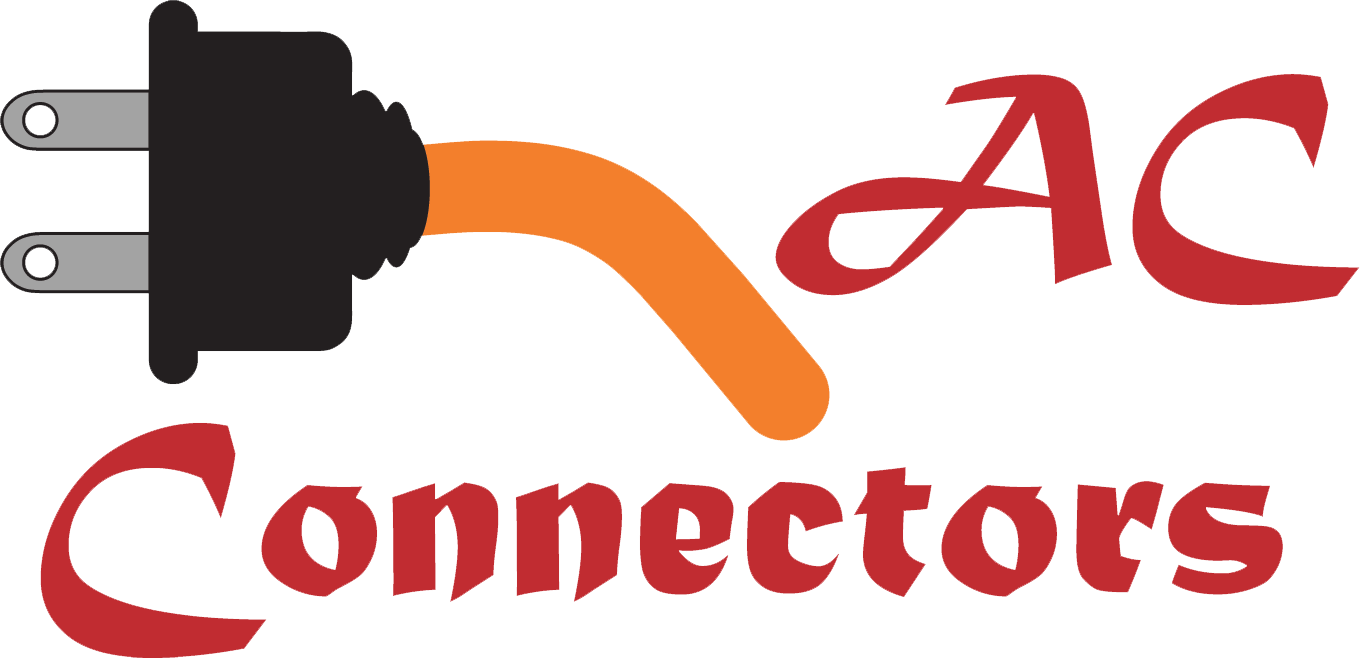

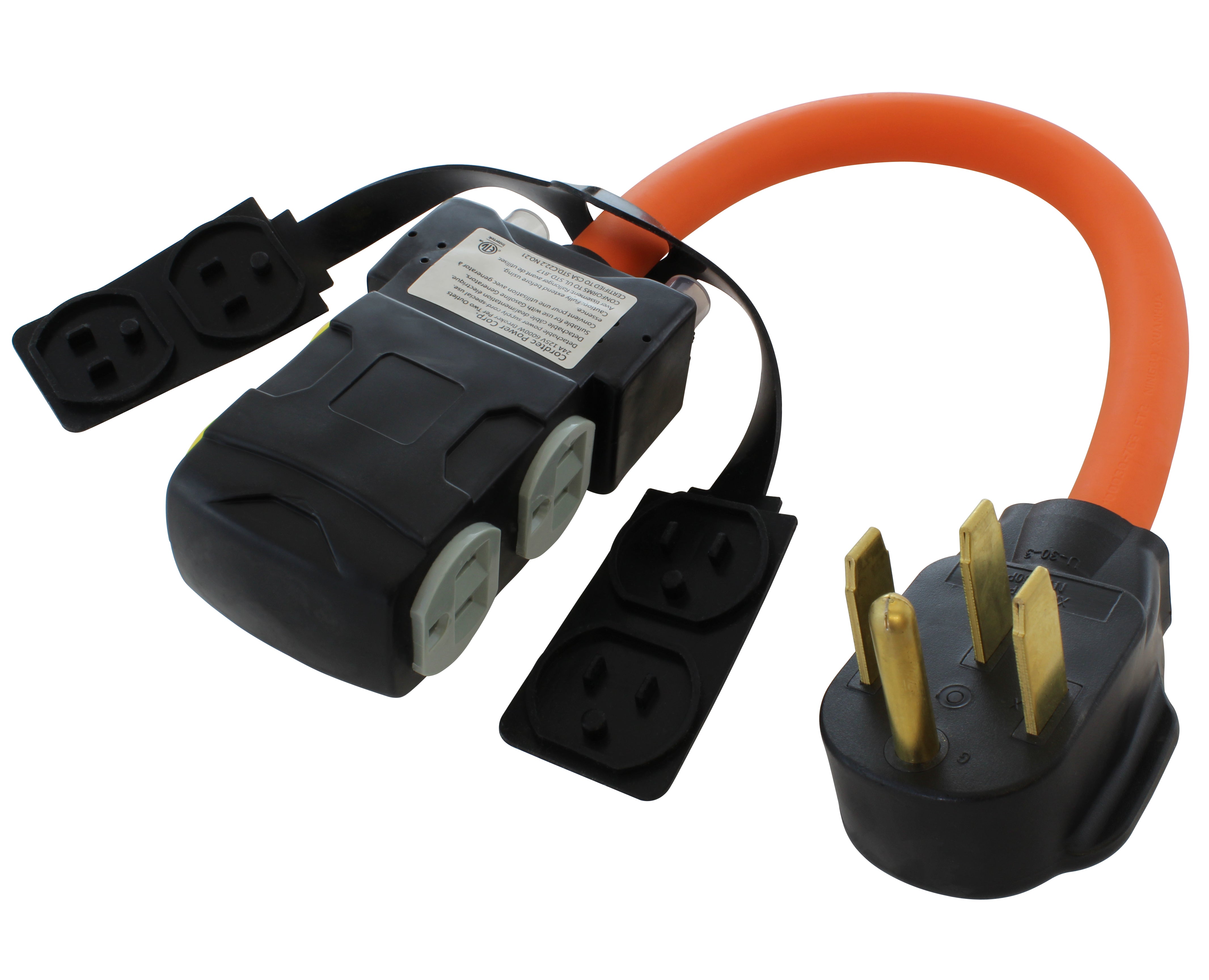
![AC WORKS® [ASINSS2PBX-G] 50A Locking 4-Wire CS6375/ SS2-50 Heavy-Duty Transfer Switch Inlet Box](http://acworks.com/cdn/shop/files/ASINSS2PBX-0_0206b362-7c90-42a5-8754-0685c13dab7e.jpg?v=1758051675&width=2500)
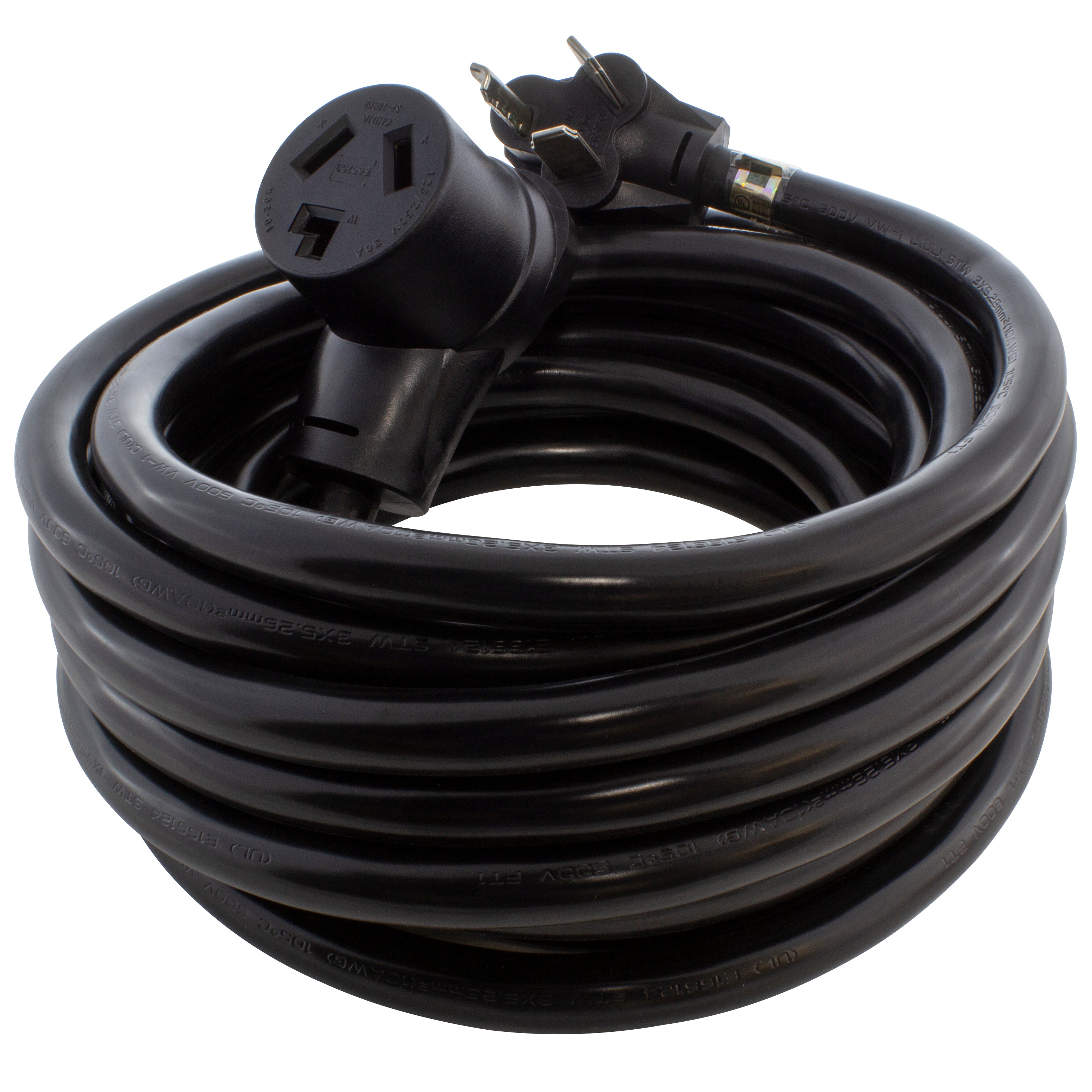
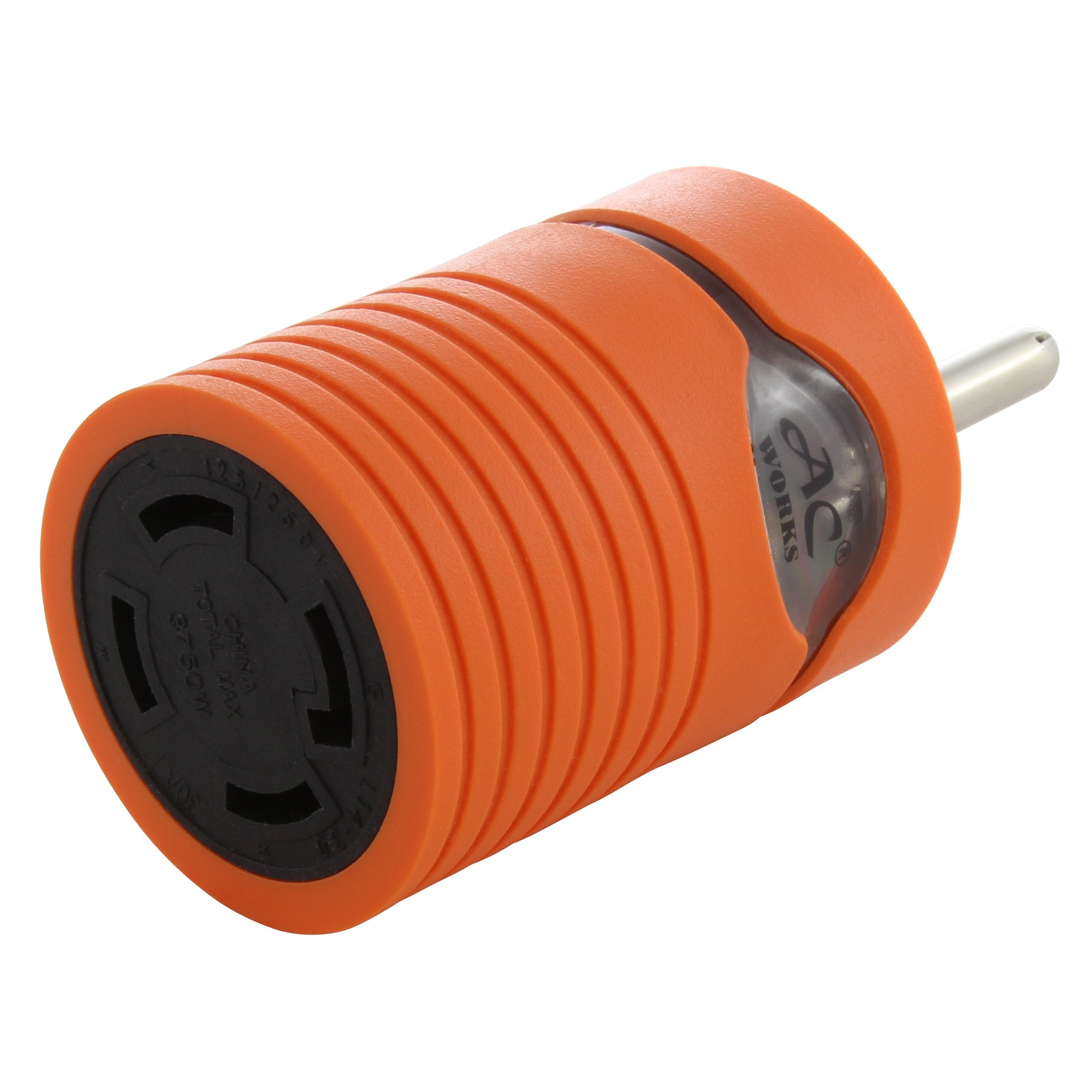
![AC WORKS® [S1430CBF520] 1.5FT 14-30P 4-Prong Dryer Plug to (4) Household Outlets with 24A Breaker](http://acworks.com/cdn/shop/products/S1430CBF520.jpg?v=1666103519&width=4656)
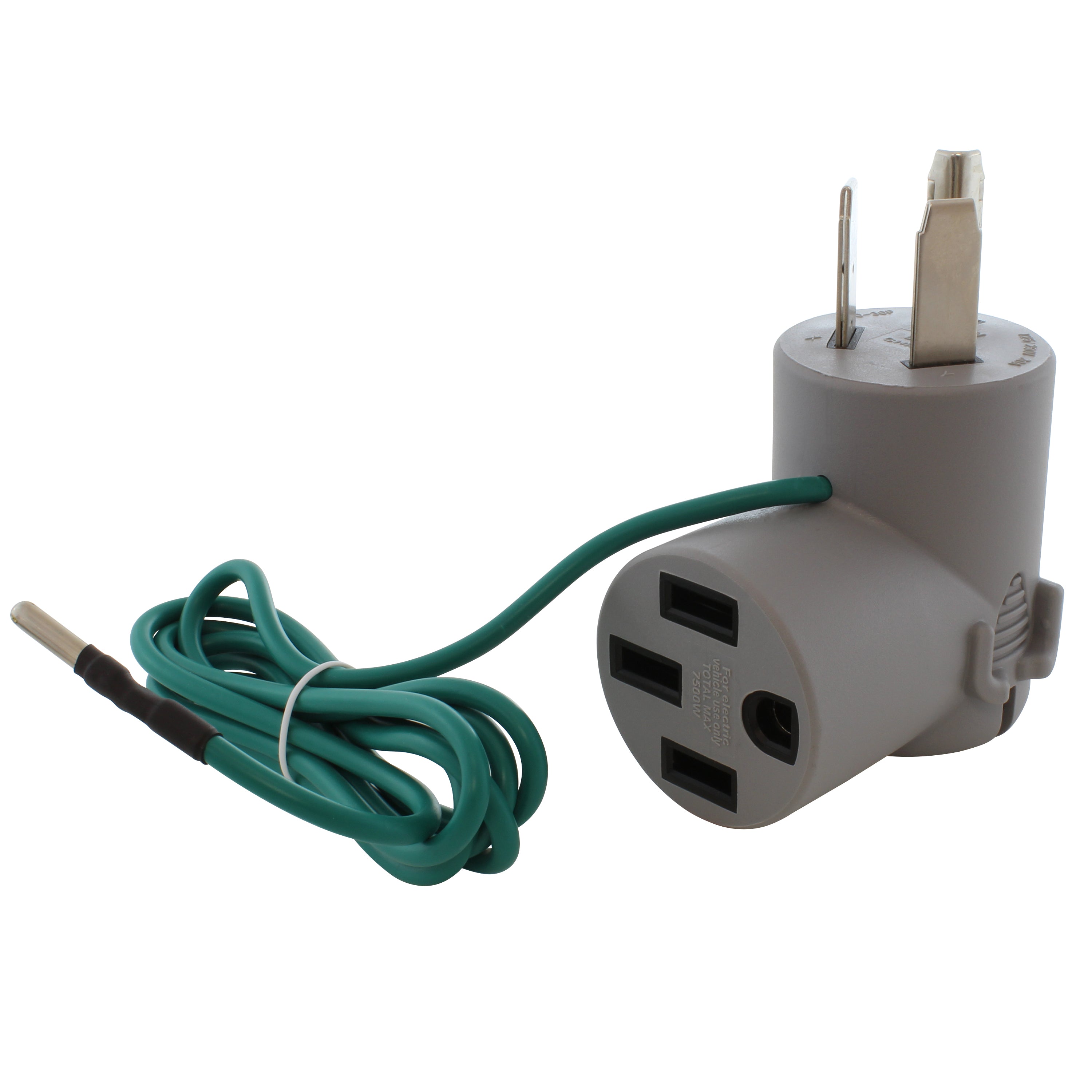
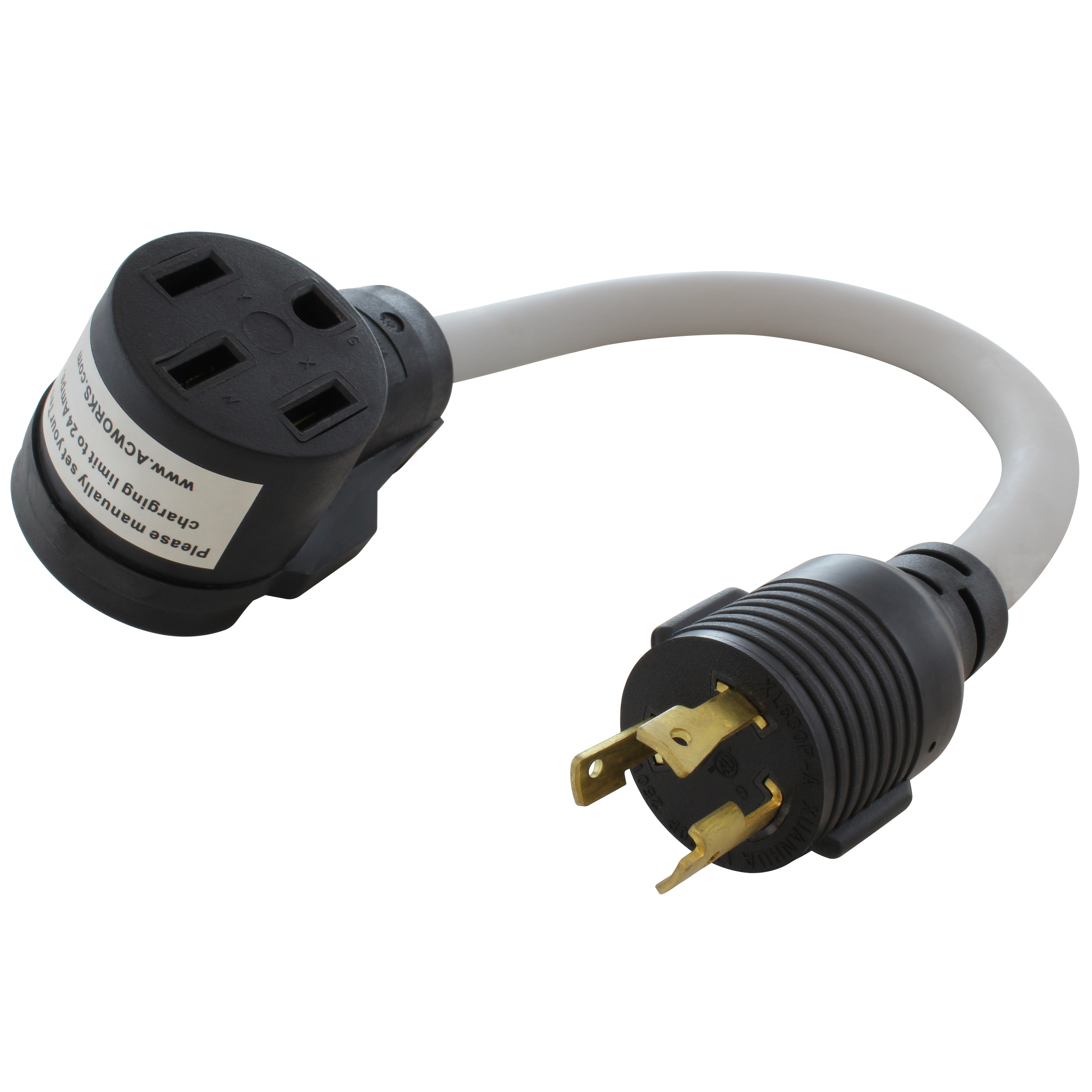
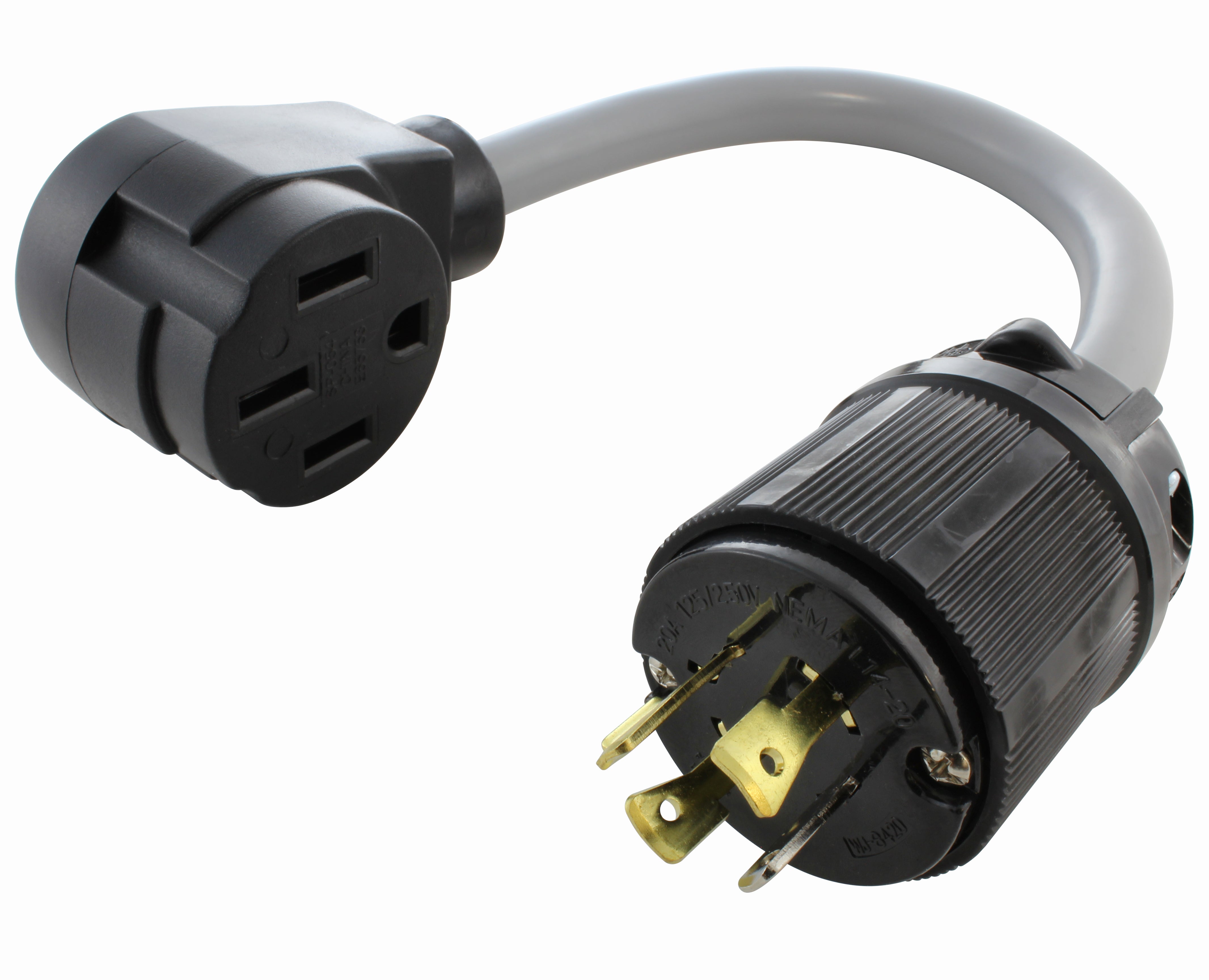
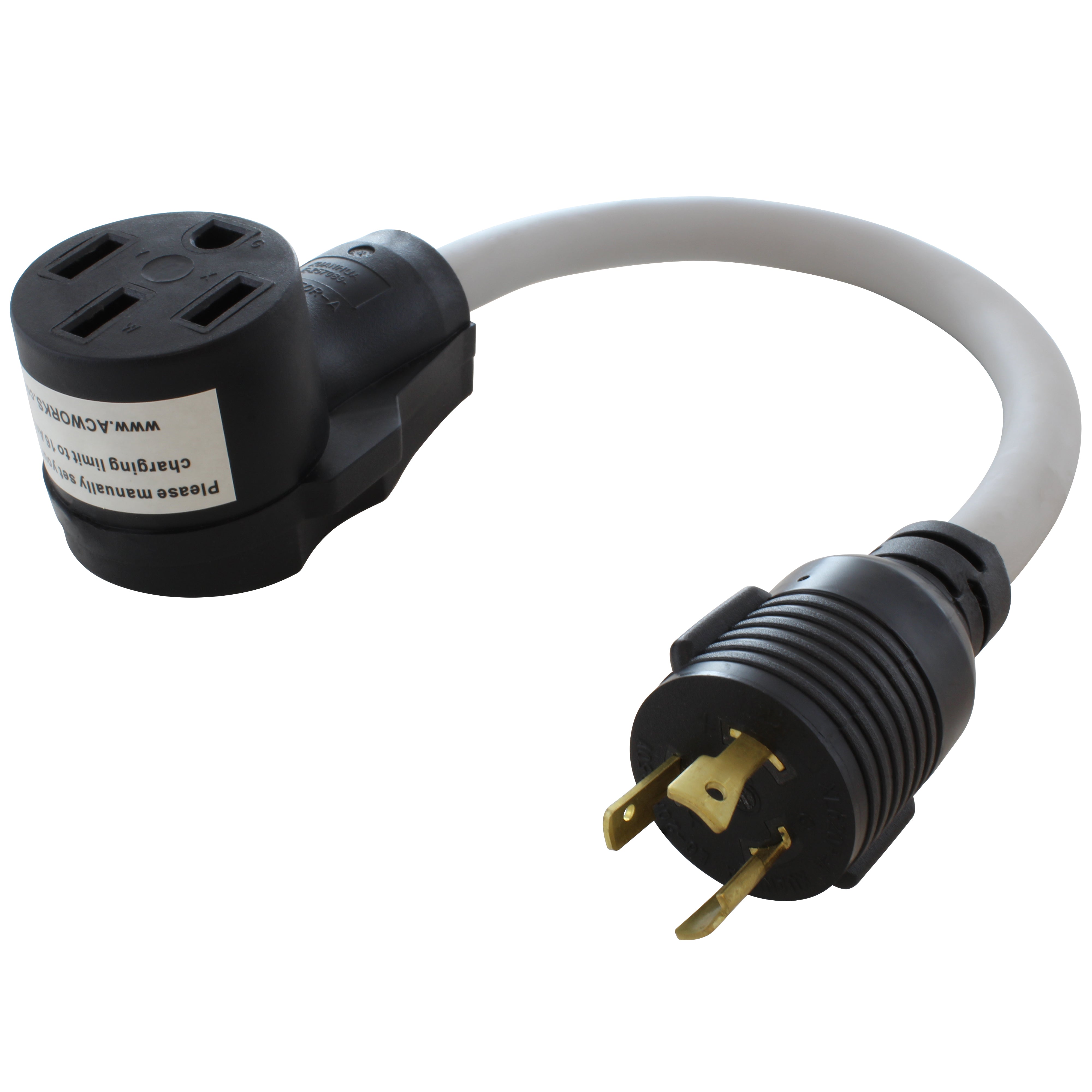
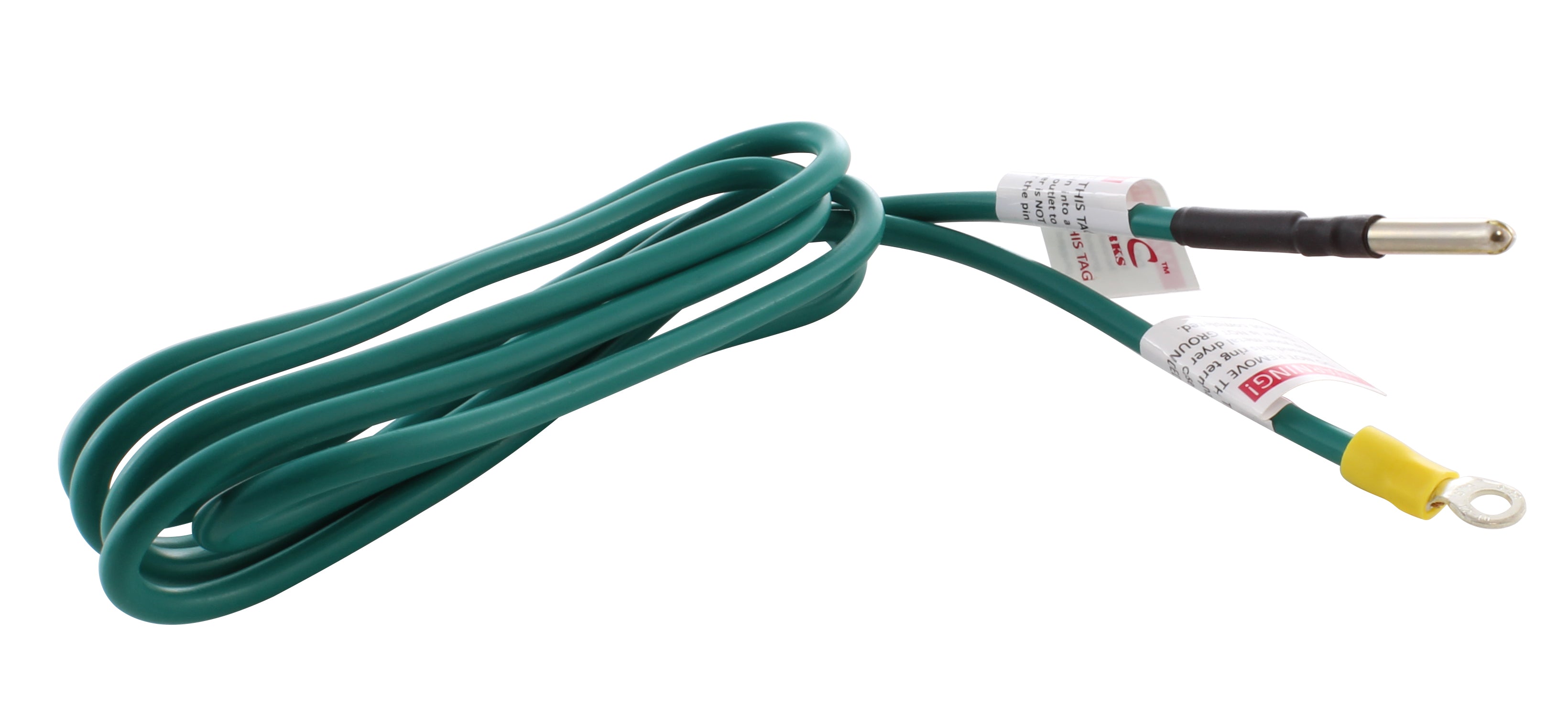
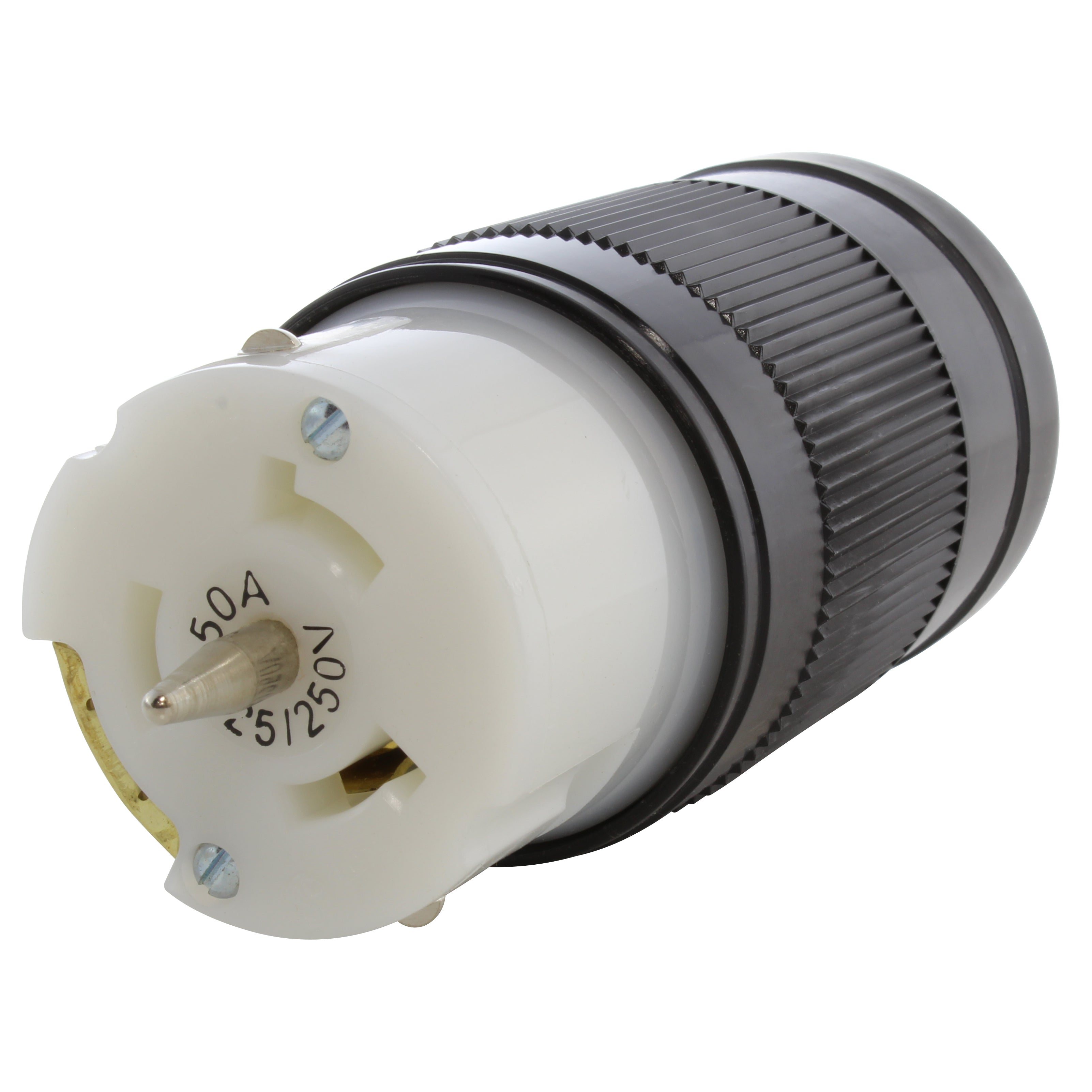
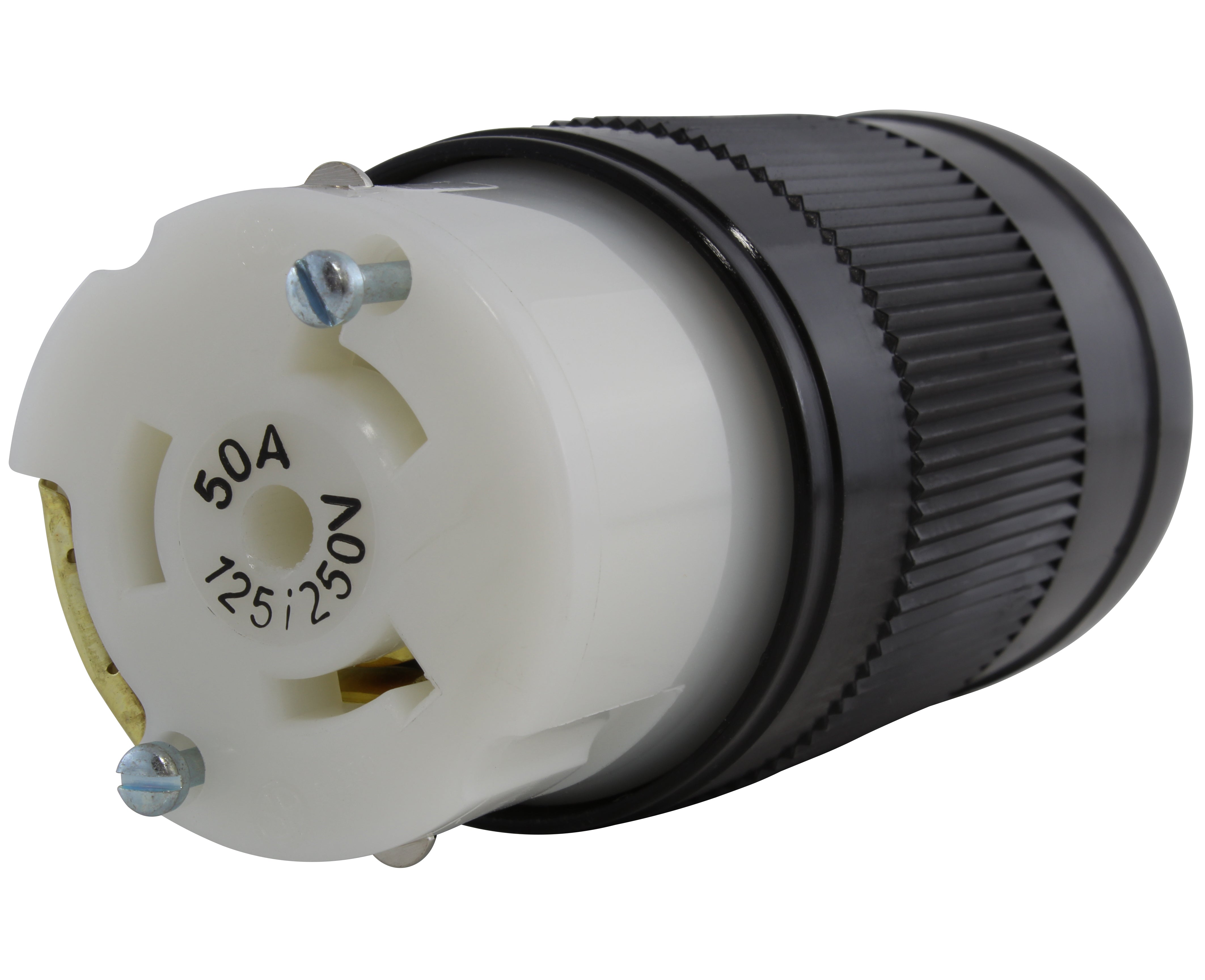
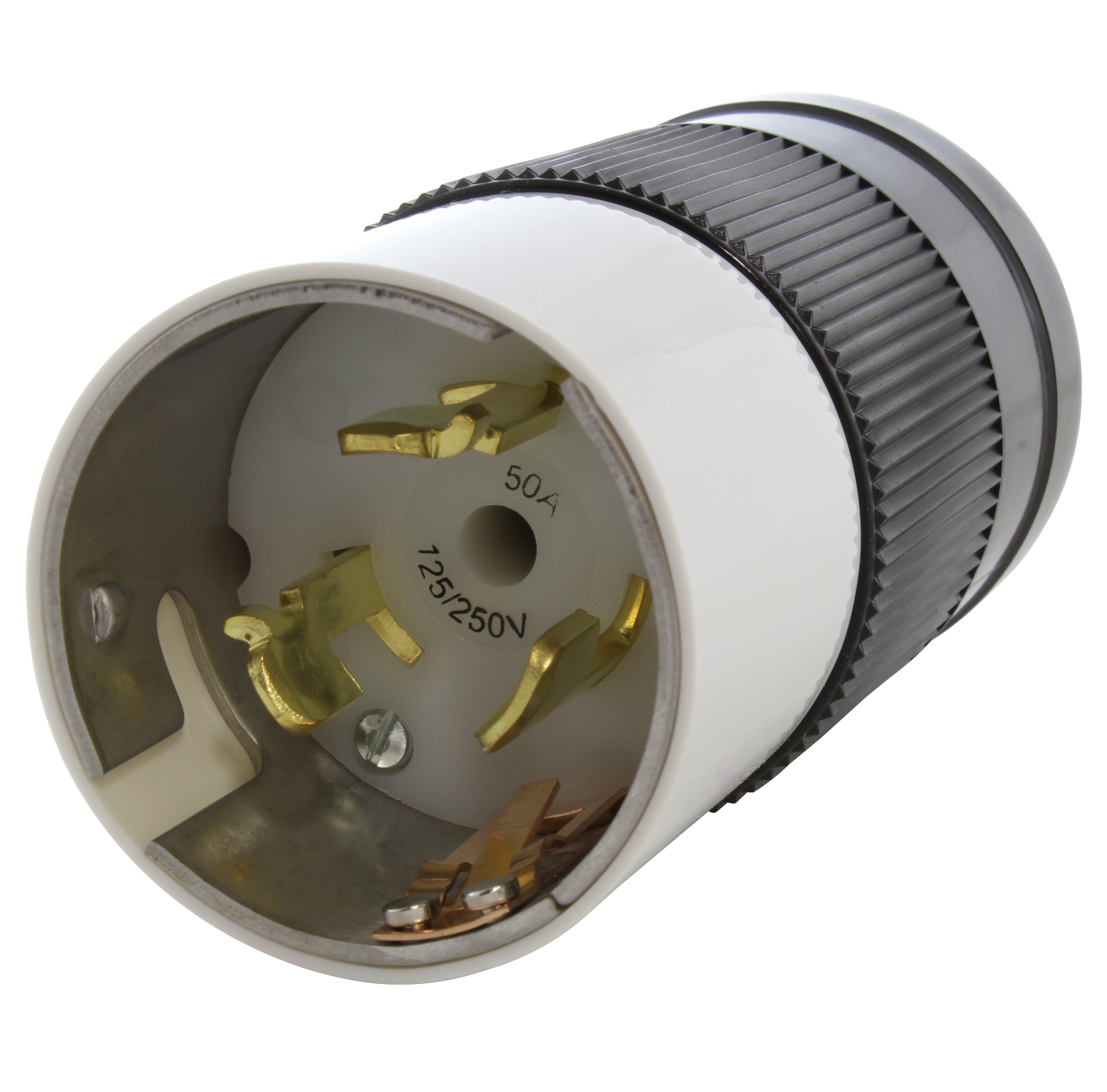
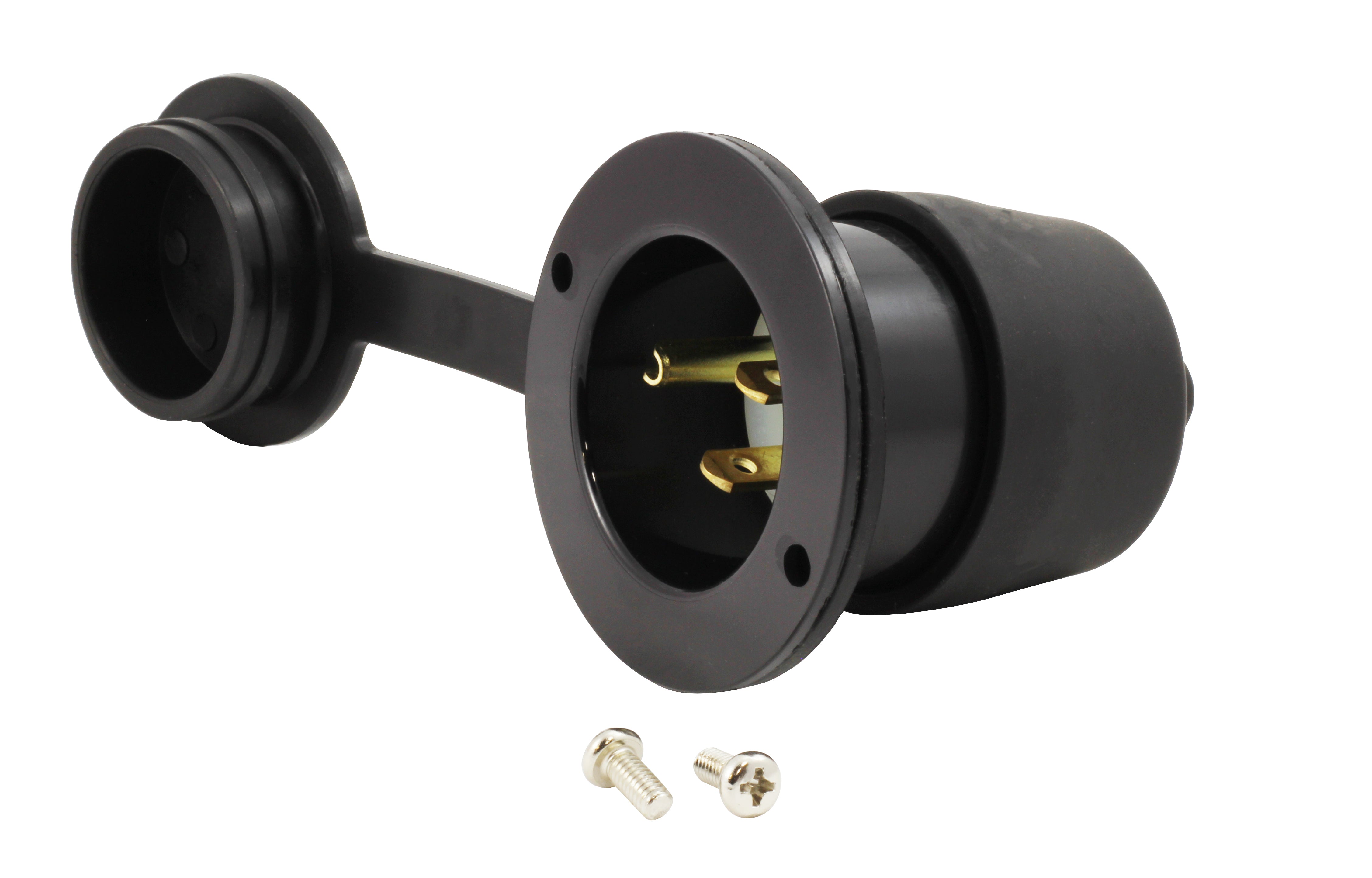
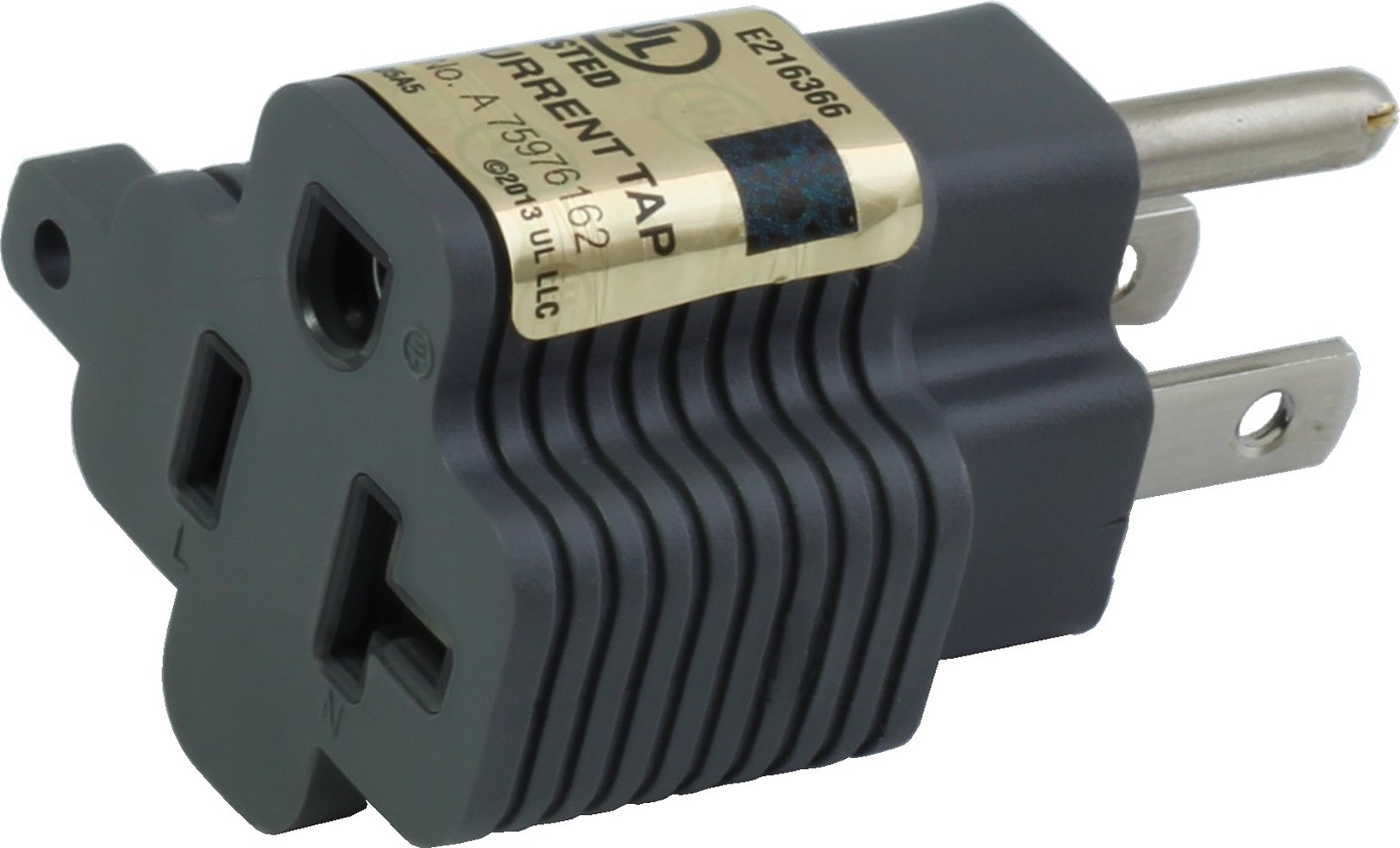
![AC WORKS® [ADV104] 3-Prong Heavy-Duty V-DUO Household Outlet Adapter](http://acworks.com/cdn/shop/products/ADV104-0.jpg?v=1605738768&width=3128)
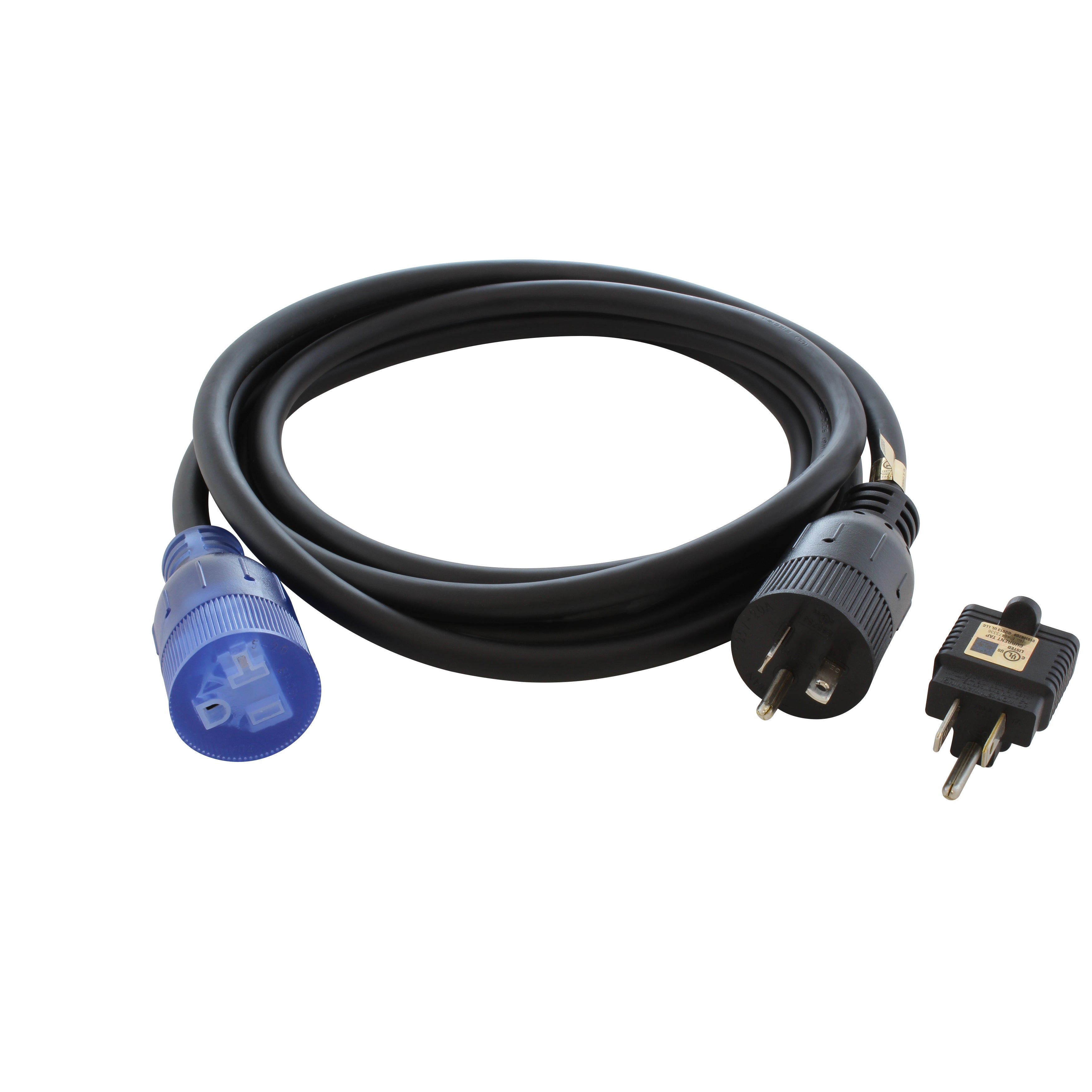
![AC WORKS® [XH515520] 15A to 15/20A 125 Volt Plug Adapter with ETL Safety Approval](http://acworks.com/cdn/shop/files/XH515520-0_daea425a-f439-48df-bb75-052167057f12.jpg?v=1729091519&width=2500)
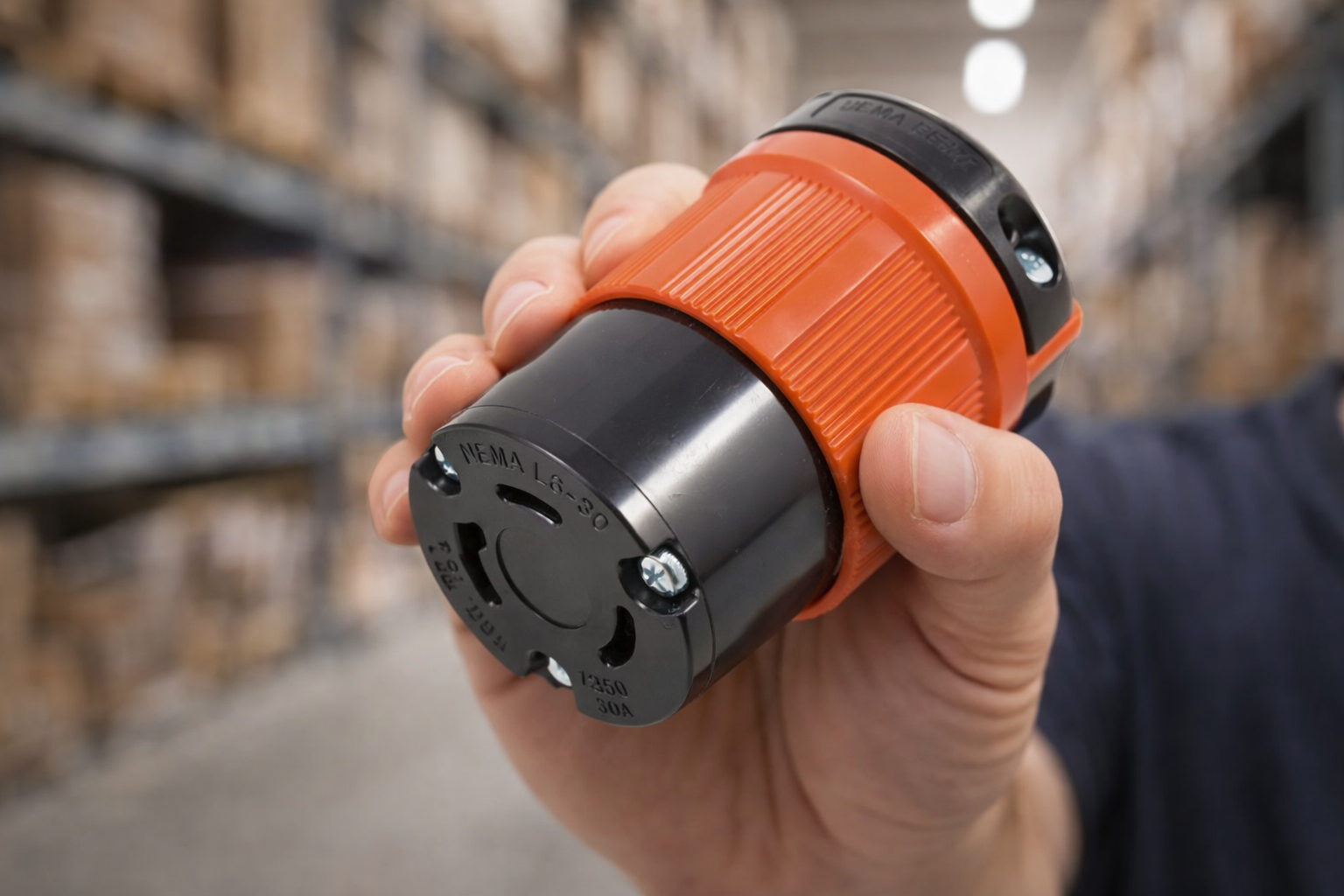
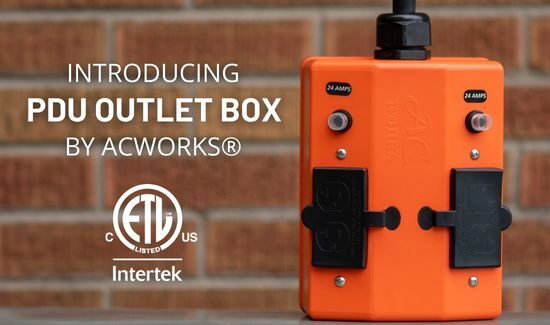

Share:
Why do we Need a Wiring Device?
Power Inlets